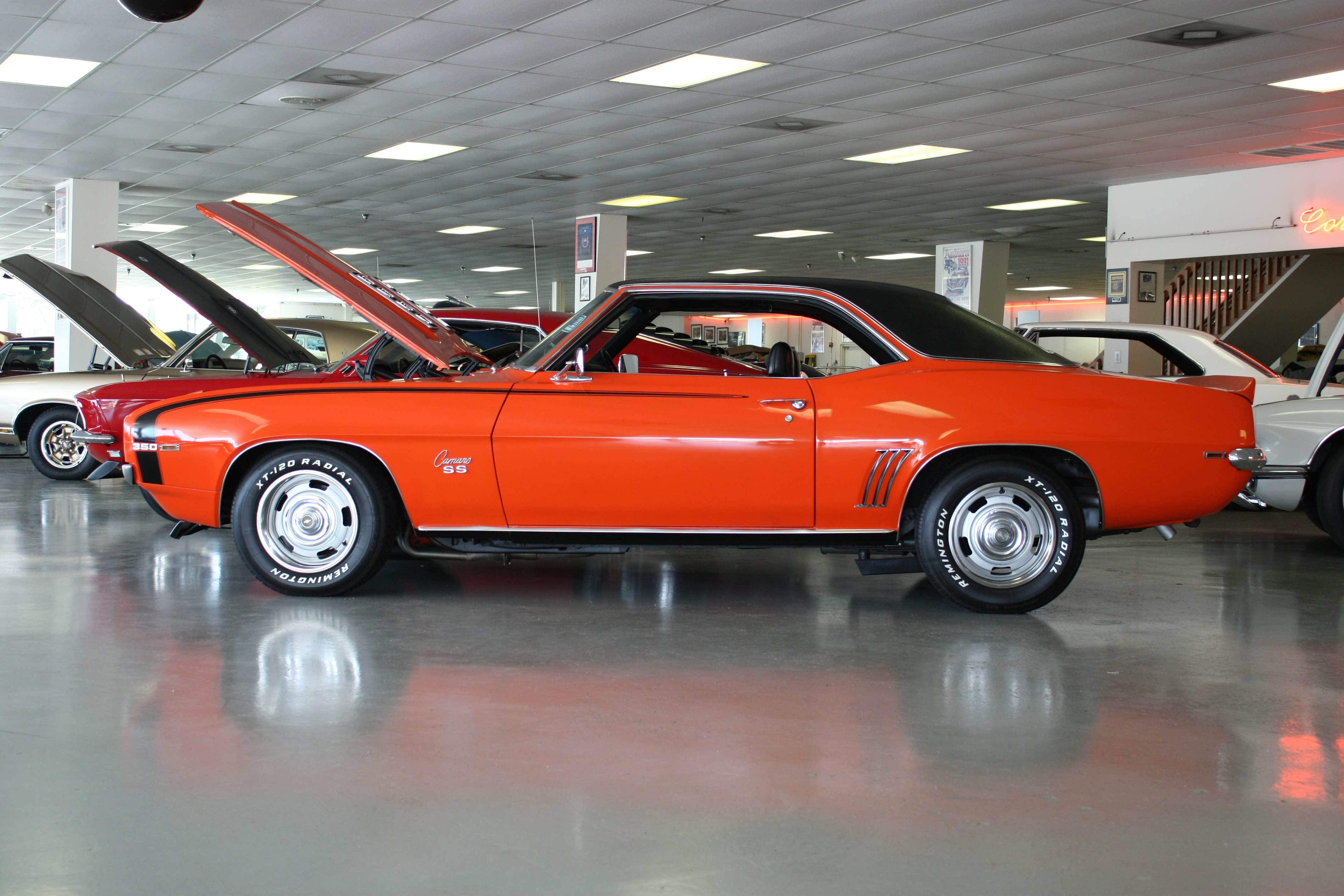Last month’s recall of Ford’s off-road Transit Trail van caused a stir in the automotive community. The problem? Tire rub issues that owners rightly found unacceptable for a factory off-roader. However, Ford’s solution has sparked controversy. The company’s fix includes installing smaller tires on the recalled vans, reducing the vehicle’s off-road capabilities. This decision has left owners feeling disappointed and undervalued. Ford’s chosen upfitter failed to verify the fit of the larger tires, increasing the risk of tire damage. Ford’s resolution is to replace them with smaller standard tires.
The implications of this fix are significant. By downsizing the tires, the Transit Trail’s mechanical distinction from the regular, less expensive Transits is minimized. Apart from some cosmetic off-road parts and a 6,500-pound towing capacity, the differences become negligible. The ‘skid plate-style’ front bumper and other off-road features like fender liners, splash guards, and side steps do little to compensate for the loss in functionality. This has understandably led to frustration among owners, who feel that the vehicle’s primary selling point has been compromised.
“This essentially negates one of the biggest, if not the biggest, selling points of this premium upgrade,” lamented a Transit Trail owner in a conversation with The Drive. The sentiment is clear: owners expected more from Ford, especially those who paid a premium for what was heavily advertised as a robust off-road vehicle. Now, with the recall fix in place, the perceived value of the Transit Trail has taken a hit.
More quality issues with the same upfitter add to the disappointment
Complaints on platforms like Reddit mention leaks and rust stemming from factory ceiling fan installations, as well as an improperly calibrated speedometer that restricts the van’s top speed to 77 mph. These additional problems contribute to a growing sense of disillusionment with the Transit Trail, casting a shadow over its future in the market.
Ford’s silence on the matter only adds to the uncertainty. With no response to inquiries by the time of publication, owners and enthusiasts are left to speculate about the company’s commitment to addressing these concerns. The situation draws parallels to historical cases like the Pinto, where Ford’s decisions were driven by financial considerations rather than ethical ones—a comparison that does not bode well for the Transit Trail’s reputation.
Despite the setbacks, the Transit Trail still boasts features that appeal to a certain segment of van enthusiasts. Its optional ceiling fan, for example, remains a popular upgrade. Yet, the question remains: can Ford turn the tide and restore confidence in the Transit Trail, or will this model become another footnote in the annals of automotive recalls?

The recent recall of Ford’s Transit Trail has certainly stirred the pot among the van’s owners and the wider automotive community. The decision to replace the larger, off-road tires with smaller ones has been met with a mix of frustration, speculation, and even some begrudging acceptance. As we delve into the community reactions and consider the road ahead for Ford’s off-roader, it’s clear that this situation is a pivotal moment for the brand and its commitment to its customers.
Owners of the Transit Trail have been vocal about their dissatisfaction with the recall fix. The sentiment echoes across online forums and social media, where owners and enthusiasts gather to share their experiences and opinions. One owner’s statement to The Drive encapsulates the general mood: ‘This essentially negates one of the biggest, if not the biggest, selling points of this premium upgrade.’ The feeling of betrayal is palpable, as many owners feel that the vehicle they invested in is no longer the robust off-roader they were promised.
The discussion on online forums is rife with suggestions and potential solutions
Some owners, like those on a popular van enthusiast forum, suggest that Ford should consider a partnership similar to Mercedes-Benz’s with Agile Offroad, allowing for dealership upgrades such as fuel tank and lift kit installations. This approach could mitigate the impact of the recall by offering owners the option to enhance their vehicles’ off-road capabilities through authorized modifications.
Others have taken a more pragmatic stance, discussing the possibility of proceeding with the purchase and refitting the Transit Trail with new tires and wheels. A user on the same forum mentioned a cost comparison done by Explorists, which found that even with the recall, the Trail could be cheaper than a non-Trail model uplifted with aftermarket parts. This suggests that, for some, the recall might not be a deal-breaker if the price is right and if they are willing to invest in modifications themselves.
The financial implications of the recall are also a hot topic
One forum user noted that a local dealership had already started offering discounts on the Transit Trail, a stark contrast to the markups seen just a few months prior. This indicates that the market is already reacting to the recall, with dealerships potentially having to lower prices to move the affected vehicles.
Amidst the discussions, there are also those who draw parallels to Ford’s historical challenges, such as the Pinto controversy. The comparison serves as a cautionary tale of what can happen when financial considerations are prioritized over ethical solutions. It’s a reminder that the automotive industry’s history is littered with recalls and that the way a company responds can significantly impact its reputation.
Looking ahead, Ford has several paths it could take. The company could continue with the current recall strategy, potentially facing a backlash from owners and enthusiasts. Alternatively, Ford could explore more creative solutions, such as offering retrofit kits or partnering with aftermarket companies to provide owners with options to maintain the off-road capabilities of their vans.
The road ahead for the Transit Trail is uncertain, but one thing is clear: Ford’s response to this recall will be closely watched by the automotive community. The company’s actions will not only affect the future of the Transit Trail but could also influence customer loyalty and the brand’s reputation in the long term. As the conversation continues to unfold, it’s evident that the Transit Trail’s tire tribulations have become a defining moment for Ford and its off-road offering.
The Transit Trail recall has sparked a robust dialogue among owners and the broader automotive community. While some are disheartened by Ford’s solution, others are looking for ways to adapt and overcome the challenges presented by the recall. Ford’s next moves will be critical in shaping the future of the Transit Trail and its place in the off-road vehicle market. The company has an opportunity to demonstrate its commitment to its customers and to reinforce the trust that is essential in the relationship between automaker and owner. Only time will tell if Ford will rise to the occasion or if the Transit Trail will become a cautionary tale of a recall gone awry.
Related posts:
Ford’s Transit Trail Recall Fix for Tire Rub Is Just Installing Smaller Ones
Transit Trail Recall 24S21 for Tire Rub
Whoops! Tires Are Too Big: Ford Issues Recall on 2,000 Transit Trail Vans





